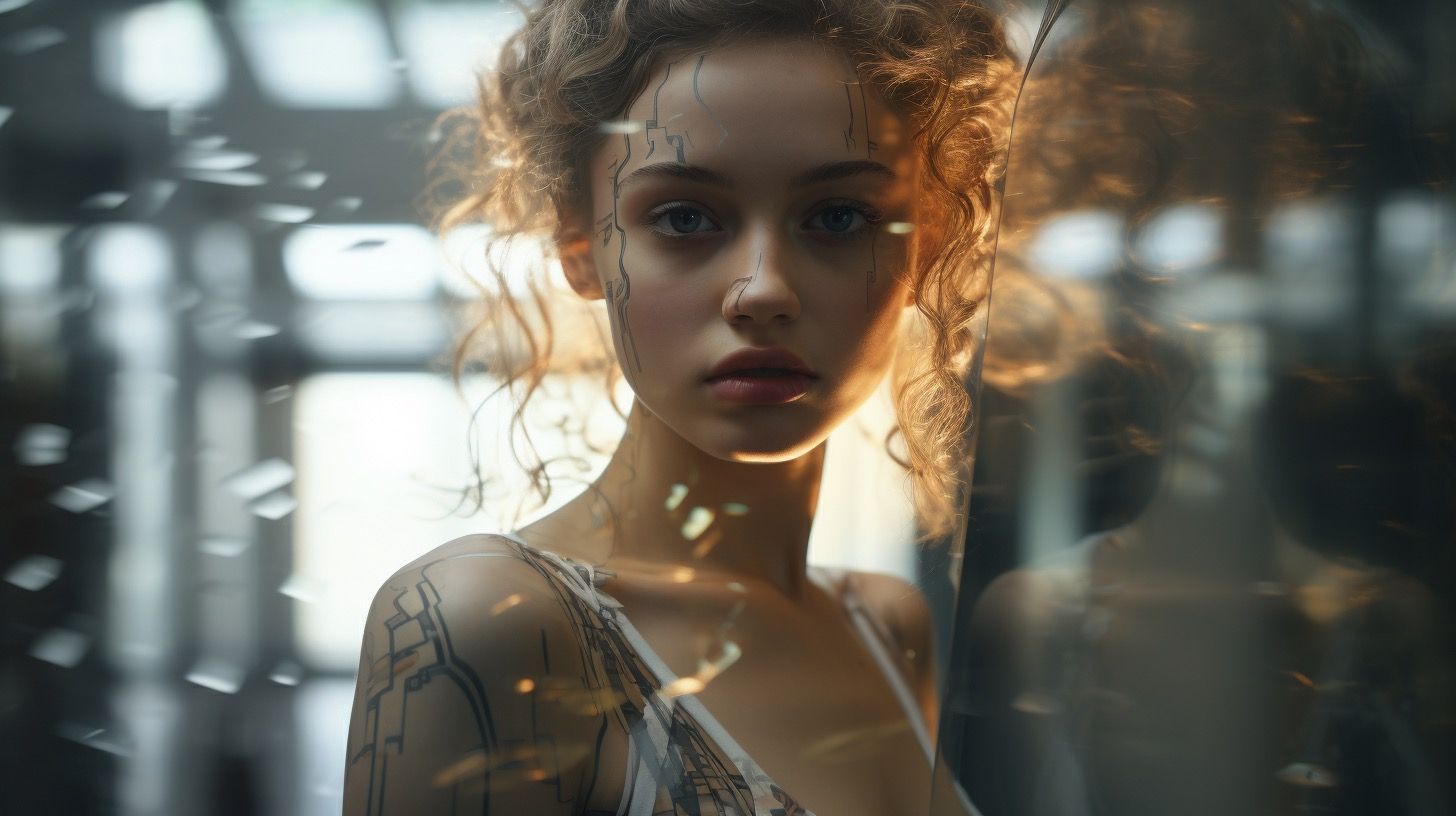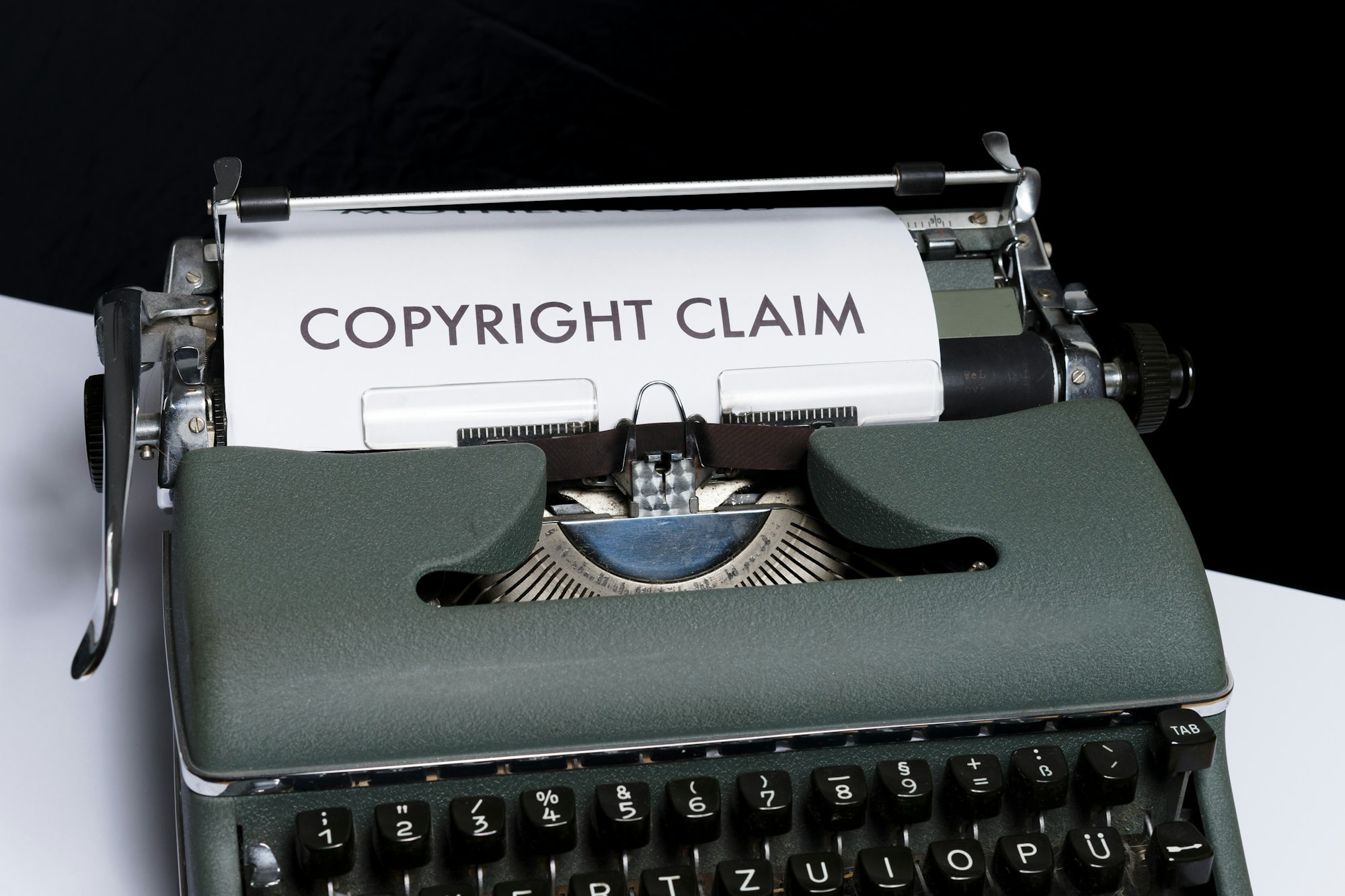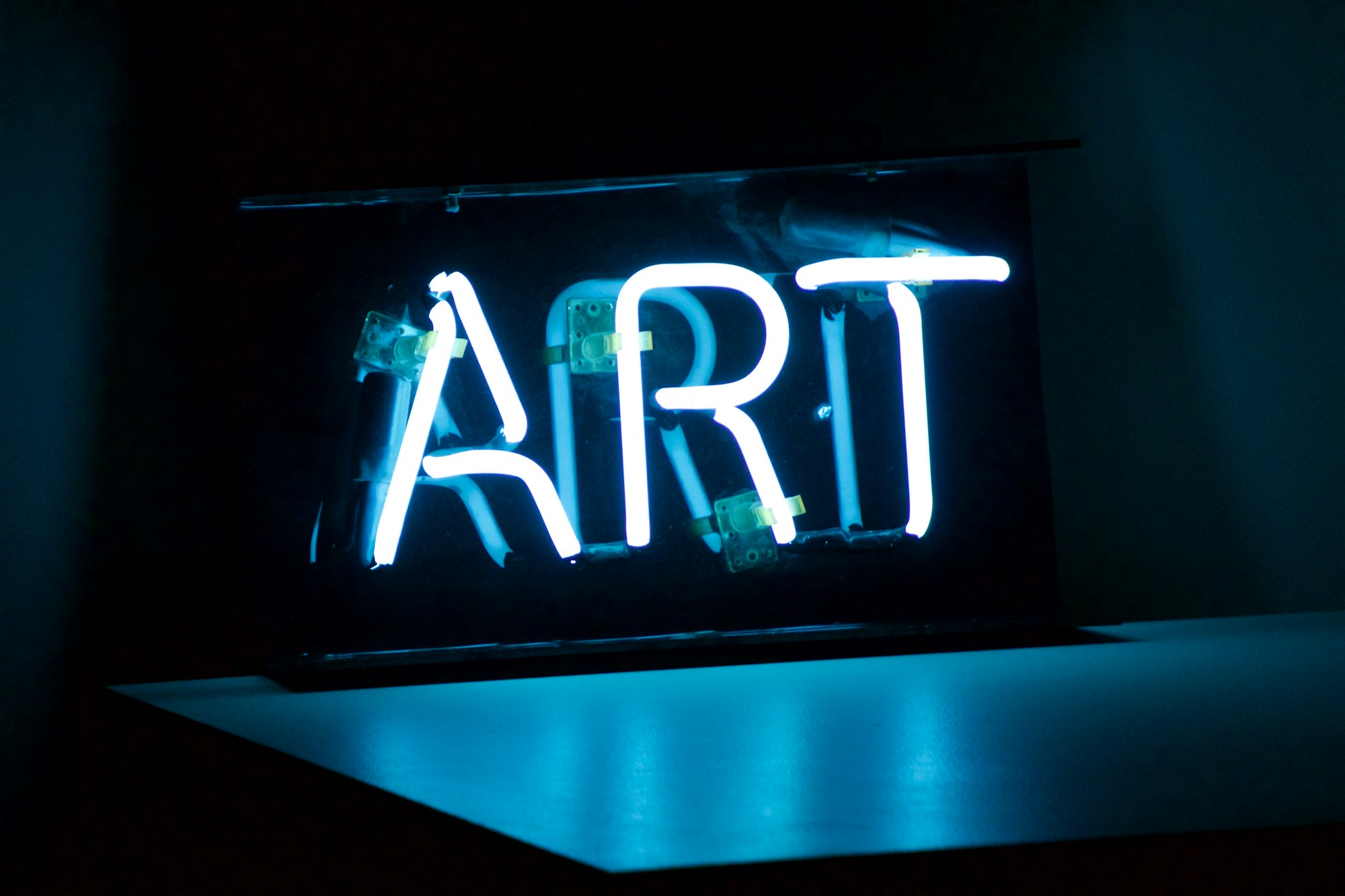Navigating Copyright in the Age of Generative AI - A Legal Debate

The world of art and creativity has witnessed both awe-inspiring innovations and contentious legal debates. Recently, a high-profile lawsuit brought by artists against AI companies Stability AI, MidJourney, and DeviantArt has ignited discussions about copyright in the realm of artificial intelligence.
The artists claim that these companies used their artwork to train AI models, leading to outputs that they believe infringe upon their copyrights. However, U.S. District Judge William Orrick expressed skepticism about the validity of most of the claims, emphasizing the need for clearer differentiation in the allegations.
This case serves as a focal point for the broader debate surrounding the copyrights of AI-generated works, raising critical questions about ownership, autonomy, and infringement in the era of AI creativity.
The Lawsuit and Skepticism from the Bench
The lawsuit alleges that Stability AI scraped vast amounts of images from the internet to train its text-to-image AI system, potentially violating copyrights.
However, Judge Orrick highlighted the challenge in proving that specific plaintiff works were infringed upon, considering the enormous scale of the training data involved. This skepticism has cast doubt on the claims that AI-generated outputs are derivative works, plaguing the artists' original content.

The Articulated Arguments
To simplify their case, the artists assert that AI companies used their artwork without permission to train their models, leading to outputs that are partial replicas of their content.
Conversely, the defendants argue that AI systems do not copy images directly; instead, they catalog and synthesize publicly available data from the web. They liken this process to a person identifying characteristics that make a particular artist's work unique, rather than copying it verbatim.
Moreover, the defendants contend that styles cannot be copyrighted, and AI-generated outputs represent new and original works.
The Challenge of Copyright Ownership in AI-Generated Works
The question of who should own the copyrights of AI-generated works has long been a complex issue. Earlier legal scholars suggested allocating copyright to the user of the AI system, striking a balance between innovation rewards and programmer incentives.
Allocating copyright to the AI itself was also considered, but this approach presented legal complications. Judge Orrick's recent opinion aligns with the earlier notion that AI works differ from the training data, negating copyright claims by the plaintiffs.

Advancements in AI Technology and Implications
Advancements in AI technology, such as ChatGPT and Stable Diffusion, have significantly increased the autonomy of AI systems in producing creative content.
This has rekindled the debate on copyright ownership, as AI models can now generate written prose, images, music, and more. The ongoing lawsuits aim to provide legal clarity on this matter, with potential implications for various industries, including education and entertainment.
Conclusion
The lawsuit against Stability AI, MidJourney, and DeviantArt brings to the forefront the contentious issue of copyright ownership in the realm of generative AI. Judge Orrick's skepticism suggests that AI-generated outputs may not be considered derivative works, impacting the claims made by the artists.
As AI continues to push the boundaries of creativity, it becomes imperative to navigate the legal intricacies surrounding copyright and AI-generated content. The outcome of these lawsuits will shape the incentives and rewards within the AI industry and could potentially redefine the relationship between human creators, AI systems, and artistic expression in the digital age.
As the legal drama unfolds, the world watches with anticipation for a resolution that will chart the course for the future of AI and copyright law.
